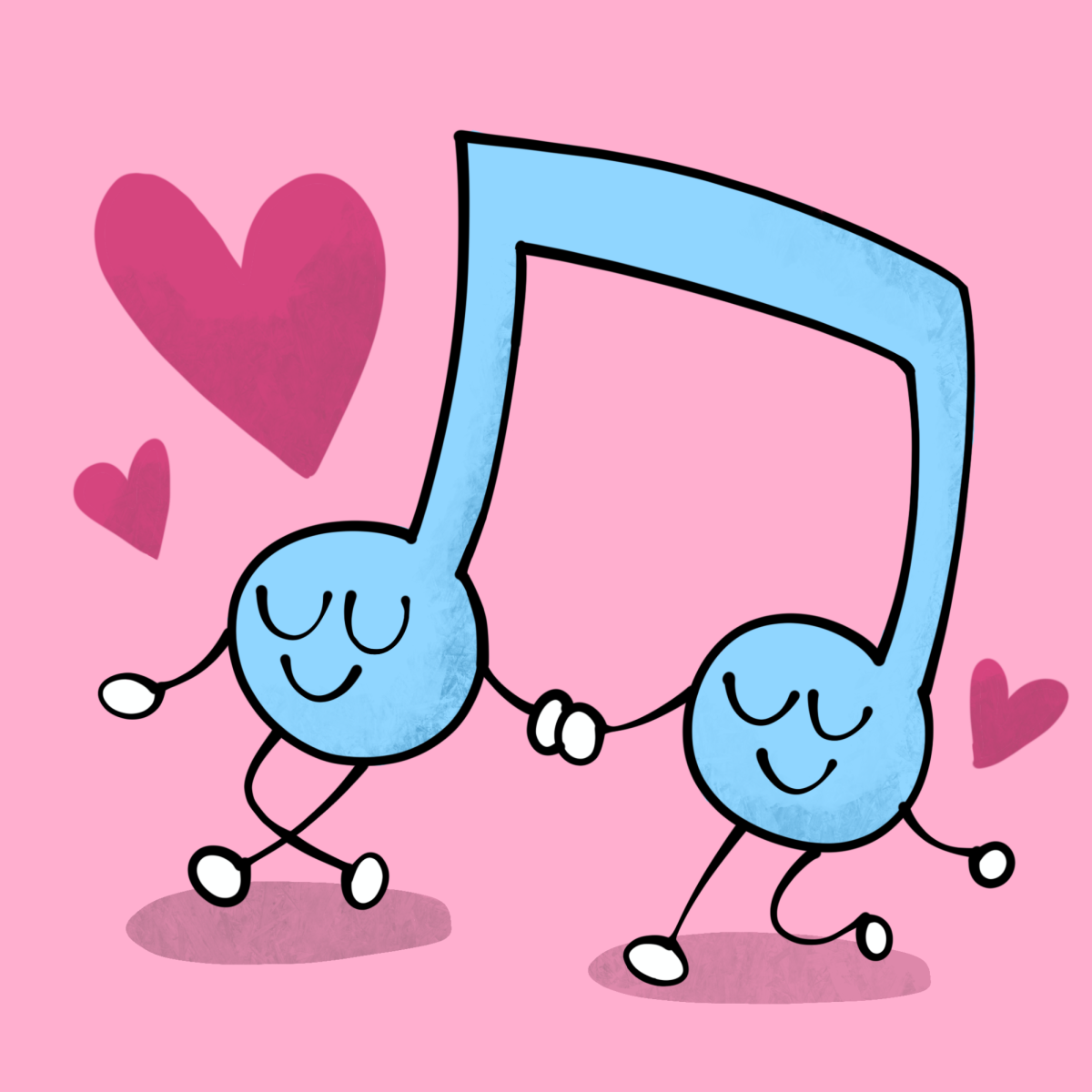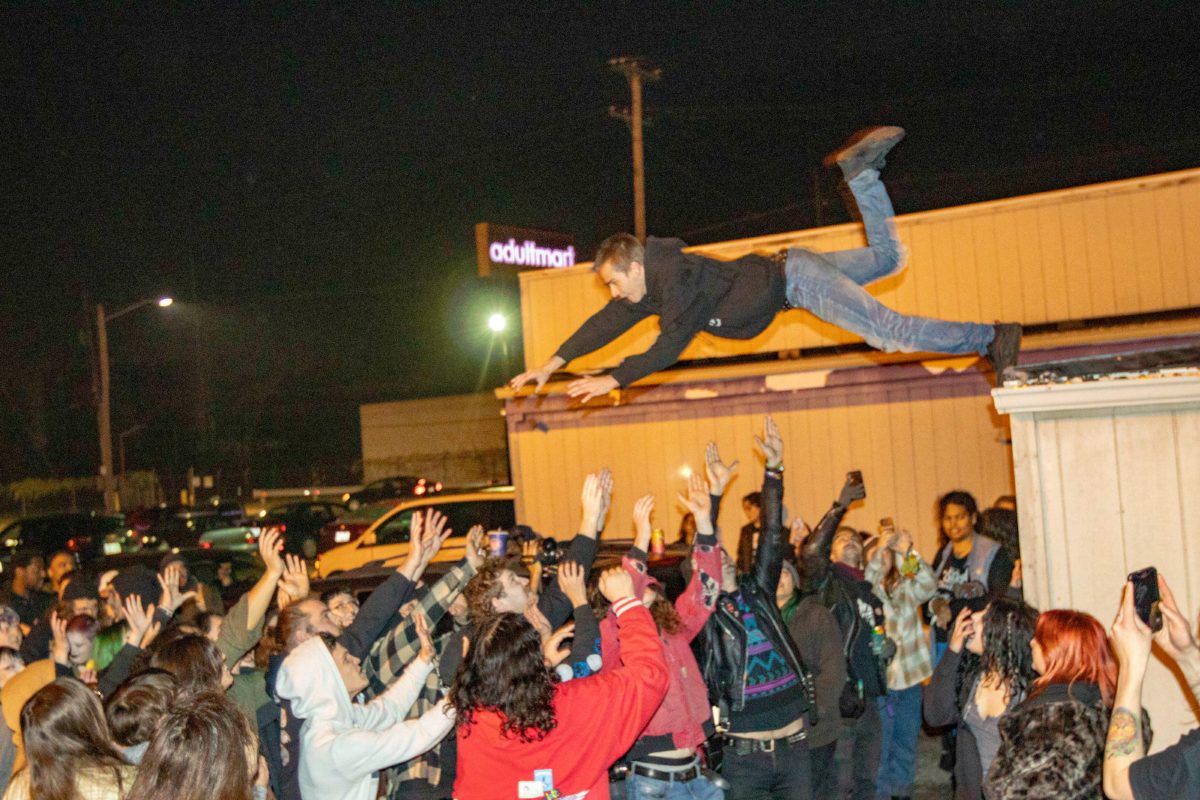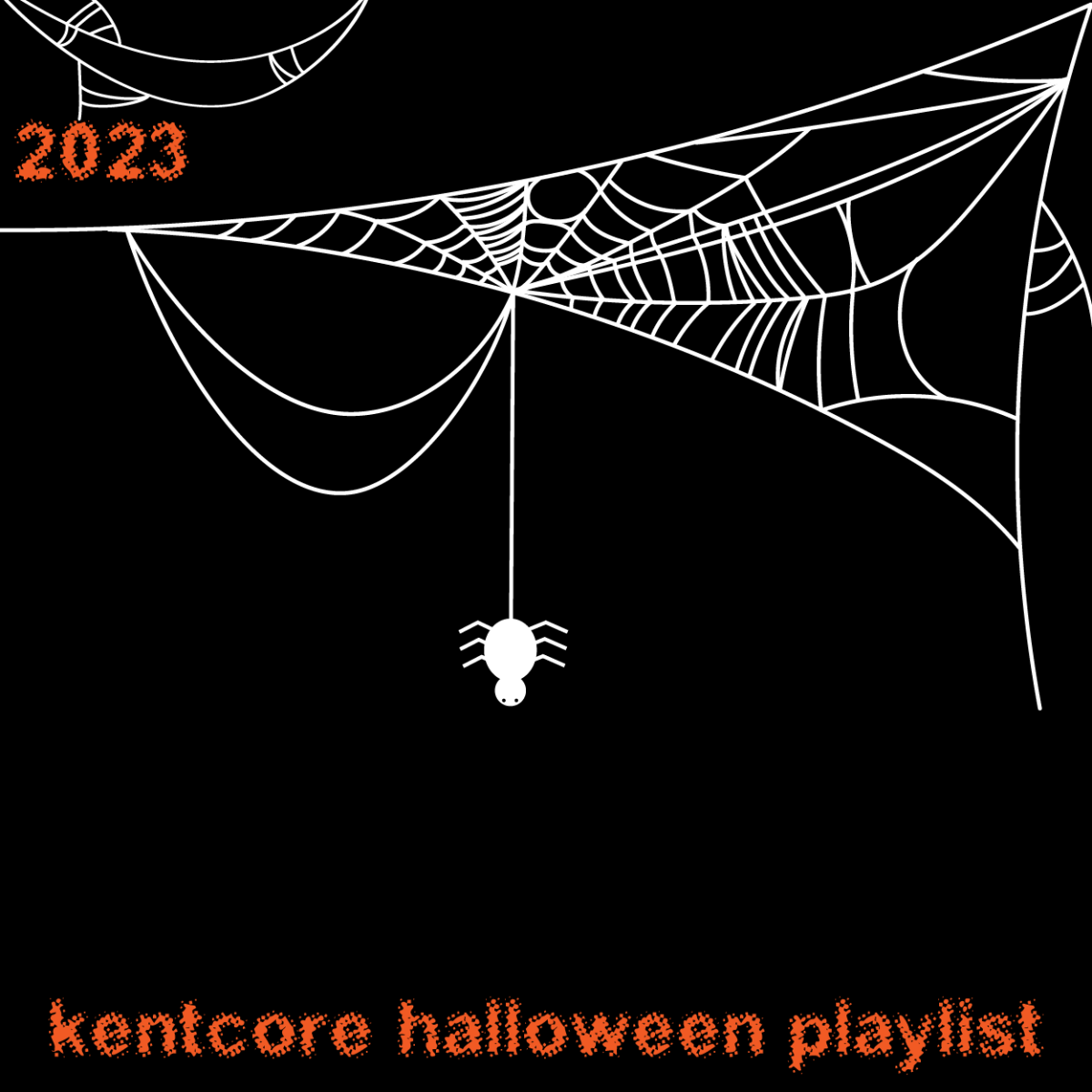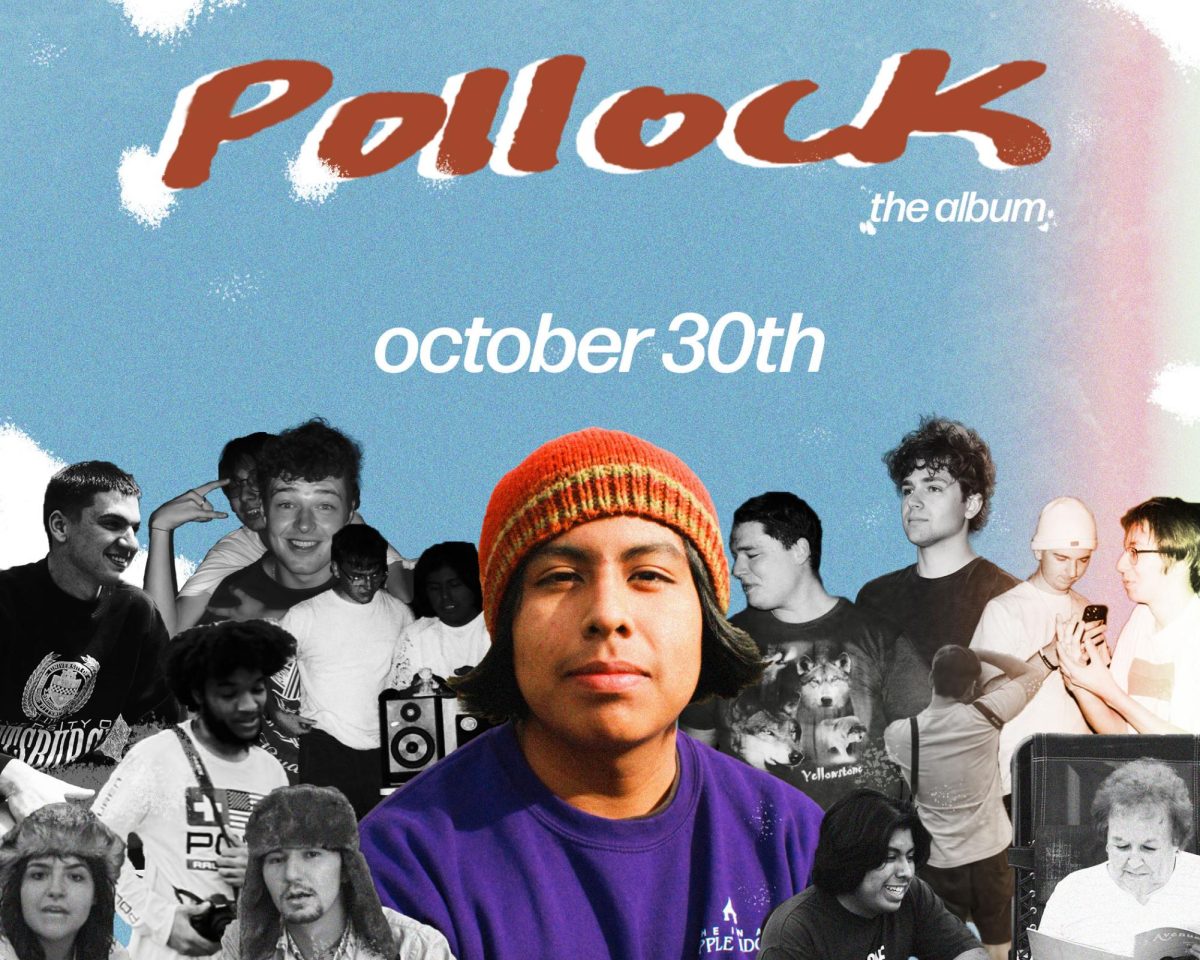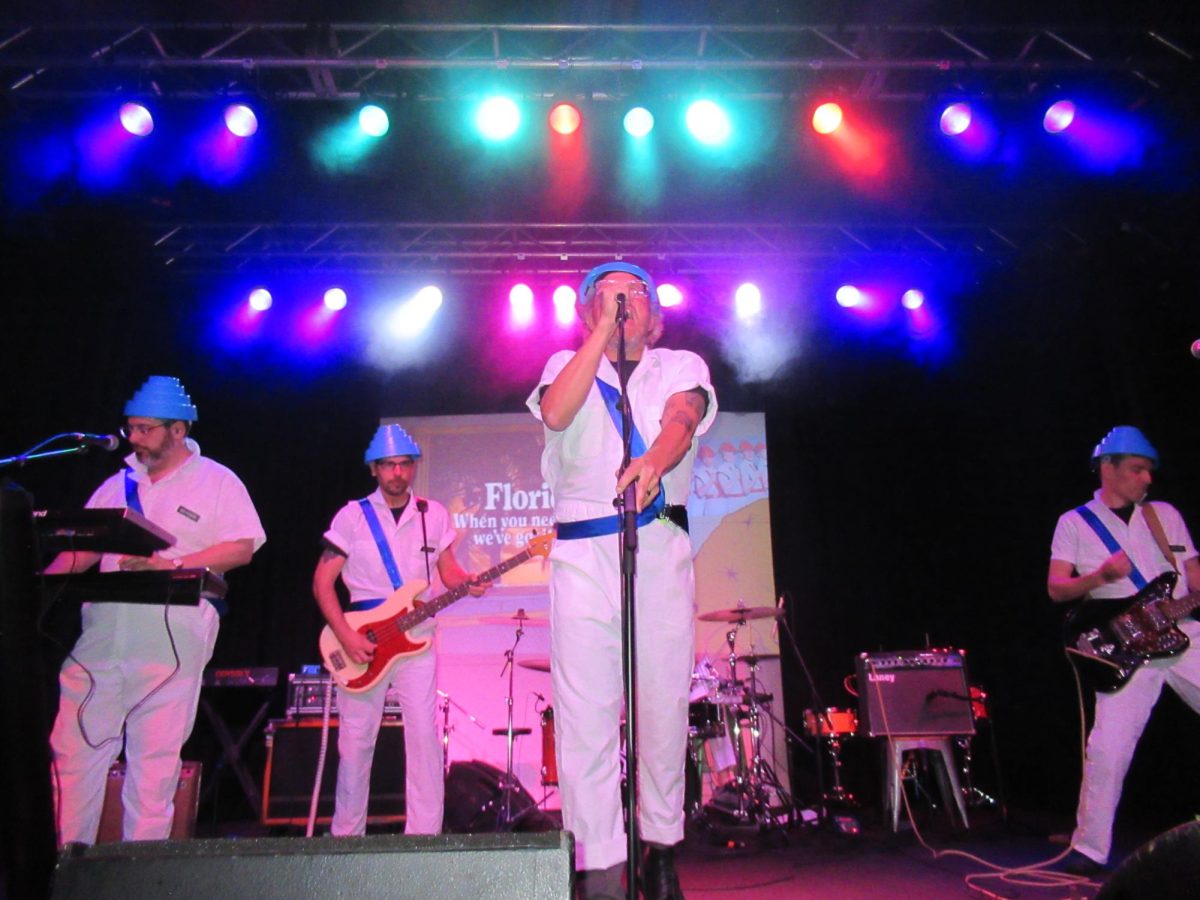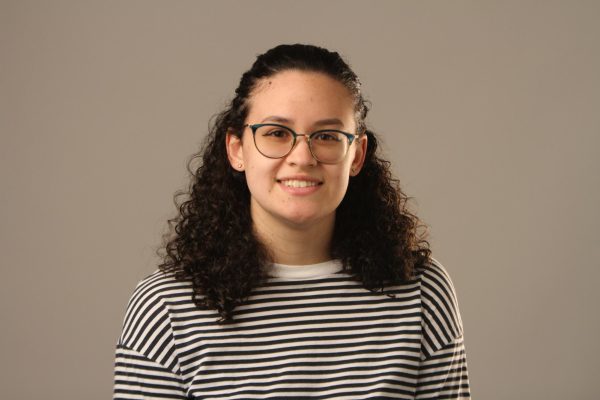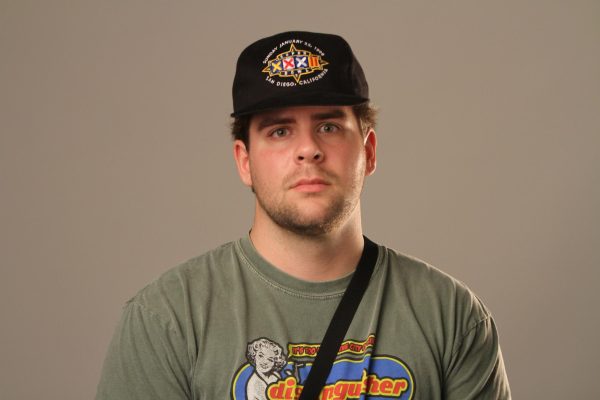On Friday’s episode of to the core (2/16), I was on the “Too Niche” segment where I introduced everyone to my current obsession: EPIC: The Musical written by Jorge “Jay” Rivera-Herrans. EPIC is a musical adaptation of Homer’s Odyssey, broken into “sagas” that represent major events that take place throughout the story. According to the official website of the musical, epicthemusical.com, it is going to be broken into 9 sagas with 40 songs and is completely sung-through. As of the writing of this article, 4 of the 9 sagas are released, with the fourth having come out February 14, 2024.
The currently released sagas are The Troy Saga, The Cyclops Saga, The Ocean Saga, and The Circe Saga. The Troy Saga covers the end of the 10-year Trojan War, and the beginning of Odysseus (played/performed by Rivera-Herrans) and his 600-man crew’s 10-year journey back to Ithaca, the kingdom Odysseus rules over as king. The Cyclops Saga covers the encounter with Polyphemus, the cyclops whom Odysseus tricks and blinds with his sharp wits, angering a certain God of the Sea in the process. The Ocean Saga covers the consequences of that action with Poseidon bringing down a powerful storm upon Odysseus and his 12-ship fleet, leading them to seek help from the Wind God Aeolus, but ultimately ends in the loss of 90% of Odysseus’ crew in the land of the Laestrygonians. Finally, The Circe Saga covers the remainder of Odysseus’ crew landing on the enchantress Circe’s island, where she turns all the men in a scouting group, with the exception of Odysseus’ right hand man, Eurylochus, into pigs, and Odysseus sets off to save them.
With all that out of the way, we can get into the storytelling and music of EPIC: The Musical. Rivera-Herrans cites video games and animation as the main source of inspiration for the storytelling in EPIC. This becomes especially evident during The Cyclops Saga in the climactic battle song “Survive,” which begins with one of my favorite sound tricks used in sung-through musicals, where it seamlessly transitions from the previous song. This song can be best described as “epic boss battle music.” The shouts of Odysseus leading his men, with the accompanying harmonies of the ensemble soldiers creates a powerful tune and an even more powerful storytelling device when the battle takes a turn for the worse when some of the soldiers, including Odysseus’ best friend Polites, die at the hands (or, the club) of Polyphemus. The storytelling is only heightened by Rivera-Herran’s brilliant use of sound effects within this song, and many others throughout the musical.
What makes the way Rivera-Herrans uses sound effects so brilliant is the musicality to them. Within “Survive” there is a musicality to the sound of Polyphemus’ club coming down. Additionally, Rivera-Herrans often uses sound effects for a sense of action and scene-setting. For example, the sound of Odysseus drawing his sword in the songs “Open Arms” and “Done For,” as well as ambient sounds of a cave filled with sheep in “Polyphemus.” Going back to the first saga, though, there is also the creative use of sound effects to represent character, as well. For example, in the very first song of the musical, “The Horse and the Infant,” there are sounds of battle waging, until a sudden sound of a sword stabbing Odysseus accompanied by thunder and an eagle’s call cuts in. The use of these sounds are meant to cleverly and subtly introduce the presence of Zeus showing Odysseus a vision of his potential future. Of course, Zeus is the God of Thunder, but his sacred animal is also the eagle. This same use of sound occurs again with characters like Athena, who is represented by the sound of a ticking clock.
Sound effects are not the only ways Rivera-Herrans signifies characters. He has also put a lot of thought into the different instruments of each character. He goes very in-depth about this topic in various Instagram reels on his account @jayherrans, but an example of a couple are the use of guitar for Odysseus, and the use of the piano for Athena. He has also said that he uses different types of guitars to represent Odysseus’ different moods and intentions. When he’s lamenting his morality after 10 years of war and being asked to commit an unthinkable act by Zeus in “Just a Man,” he is represented by a nylon guitar. After he witnesses Polites’ death, and becomes filled with rage at Polyphemus in “Remember Them,” he becomes represented by an electric guitar.
Perhaps one of my favorite things about the songwriting in EPIC is the use of leitmotifs. There is one in particular that has become something of a through line within the musical, and fits perfectly for Odysseus’ characterization and motivation. One of Odysseus’ main motivations throughout his journey in both EPIC as well as Homer’s original story is returning to the kingdom he loves so much, and the family he loves even more. Especially his wife, Penelope. He also desperately wants to get home to see his son, Telemachus, whom Odysseus left as an infant at the beginning of the Trojan War, and hasn’t been able to see him grow up. To represent this musically, Rivera-Herrans gives both characters their own motifs that are first introduced in “The Horse and the Infant,” and return in “Keep Your Friends Close” and “There Are Other Ways,” and will likely return again in songs of future sagas.
Another major theme in the musical besides Odysseus’ undying love for his family, is his battle with morality after fighting for so long in a war, and having to do so many terrible things. In one of my favorite songs, and perhaps one of the most important in the musical, “Open Arms,” Odysseus’ best friend Polites attempts to change his worldview by encouraging him to try talking instead of fighting and simply treat people kindly. The brilliant thing about the songwriting is that the effects of this song are felt throughout various points in the musical, especially after Polites’ death; almost as if Odysseus is trying to carry on his legacy.
The first example is in The Cyclops Saga when he first tries to reason with Polyphemus instead of fight, and also how he defies Athena’s advice to end Polyphemus, even after what he did to Polites, saying the world could use some more mercy. Polites’ impact is also felt throughout The Ocean Saga, when Odysseus attempts to advise Eurylochus in “Luck Runs Out,” and Odysseus’ men sing that “everything’s changed since Polites.” Finally, Polites’ lasting impact is felt again in The Circe Saga, with the song “There Are Other Ways.” Although Circe makes an attempt to seduce Odysseus using a powerful spell, Odysseus is able to resist because of his love and commitment to his wife. It seems like this ends up earning Circe’s respect, as she decides to free Odysseus’ men from being pigs and also to aid them on the next leg of their journey. Odysseus, confused, questions her actions, but Circe simply sings, “Maybe showing one act of kindness, leads to kinder souls down the road.” This is one of the main points Polites was trying to get across to Odysseus in “Open Arms.” This use of theming through the different sagas lends itself to some incredibly powerful storytelling.
Jorge Rivera-Herrans has brought his own unique style and sound to the musical theatre scene with EPIC, although it is actually not his first musical. His first musical is called My Heart Says Go, which he wrote the music for as a college student at the University of Notre Dame. It is definitely another favorite of mine. Rivera-Herrans has said that this first musical of his was heavily inspired by other musicals like Hamilton and songwriters like Lin Manuel-Miranda. I feel like that influence can still be felt within EPIC, even if it is on a smaller scale. Nonetheless, Rivera-Herrans is bringing his own unique style to the world of musical theatre, and I am definitely looking forward to the next saga of EPIC: The Musical!
You can listen to “to the core” live on Black Squirrel Radio Fridays at 9, or find the edited episodes on our website.






